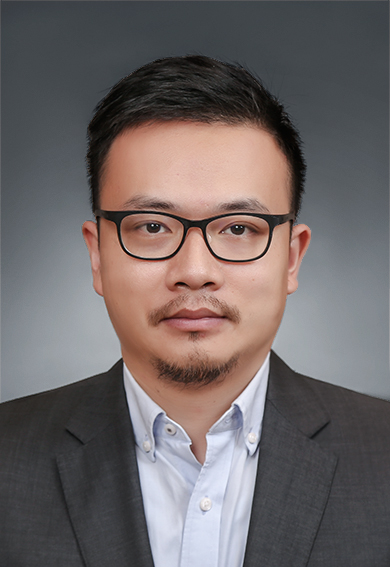-

- Zhao Long
- Senior Research Fellow
- Center for Russian & Central Asia Studies
- Institute for Global Governance Studies Assistant Director
- Prof. Zhao Long interviewed by CGTN on Putin's Annual Address and Its Message
- Prof. Zhao Long interviewed by CGTN on Xi-Putin virtual meeting
- Will post-Merkel Germany-Russia ties stay on track or become murky?
- Despite US-Russia summit, two sides have impossible differences
- Prof. Zhao Long interviewed by CGTN
- Reconfiguring of International Orde...
- Outlook of the New Coalition Govern...
- How Syria May Pave Wave the Way For...
- China’s Perspective on Global Gover...
- China’s Views and Practices: G20 & ...
- What Does BRICS mean for China?
- Arctic Aspirations
- China has a key role in safeguardin...
- The Arctic: New Shipping Routes and...
- Limits and Potentials of the Develo...
- 新时期中国对外战略的内涵与特点
- 世界形势大调整大变革中的中国外交
- An Emerging Driving Actor: China an...
- Guiding the Environmental Conduct o...
- The Arctic Governance, Extra-region...
- Cooperation and Development:The Way...
- Russian Arctic Policy in the 21st C...
- Strategic Transition and Security C...
- A Strong Voice for Global Sustainab...
- Adaptive Governance for a Changing ...
- Rebalancing Global Economic Governa...
- Political Decisions and Institution...
- Developing Countries and the UNFCCC...
- THE ASIAN RESEARCH NETWORK: SURVEY ...
- The EU and Huawei 5G technology aga...
- China's growing engagement with the...
- Perspectives on the Global Economic...
- International Cooperation for the C...
- Working Together with One Heart: P...
- The Tragedy of Missed Opportunities
The changing environment in the Arctic has had great impact on the global ecosystem and socio-economic activities. Th is paper emphasizes that the multilevel paradigm of Arctic governance is a manifestation of collective action in dealing with common challenges at global level. At the regional level, the Rovaniemi process seeks a common identity from a wide range of actors, encouraging them to provide public goods whilst protecting the exclusiveness of their interests. Th e Ilulissat process at the sub-regional level is in pursuit of centralizing the cooperation among state actors, facilitating internal consultation over specifi c disputes and exclusive jurisdictional restriction. Th is paper also argues that China, as a major stakeholder in Arctic governance, has demonstrated its capacity to improve the governance structure at global, regional and sectorial levels displaying its willingness to become a practitioner of scientifi c cooperation, a pioneer of ecosystem and environmental protection, a contributor to the development of shipping and a promoter of the development of indigenous communities.
more details:
